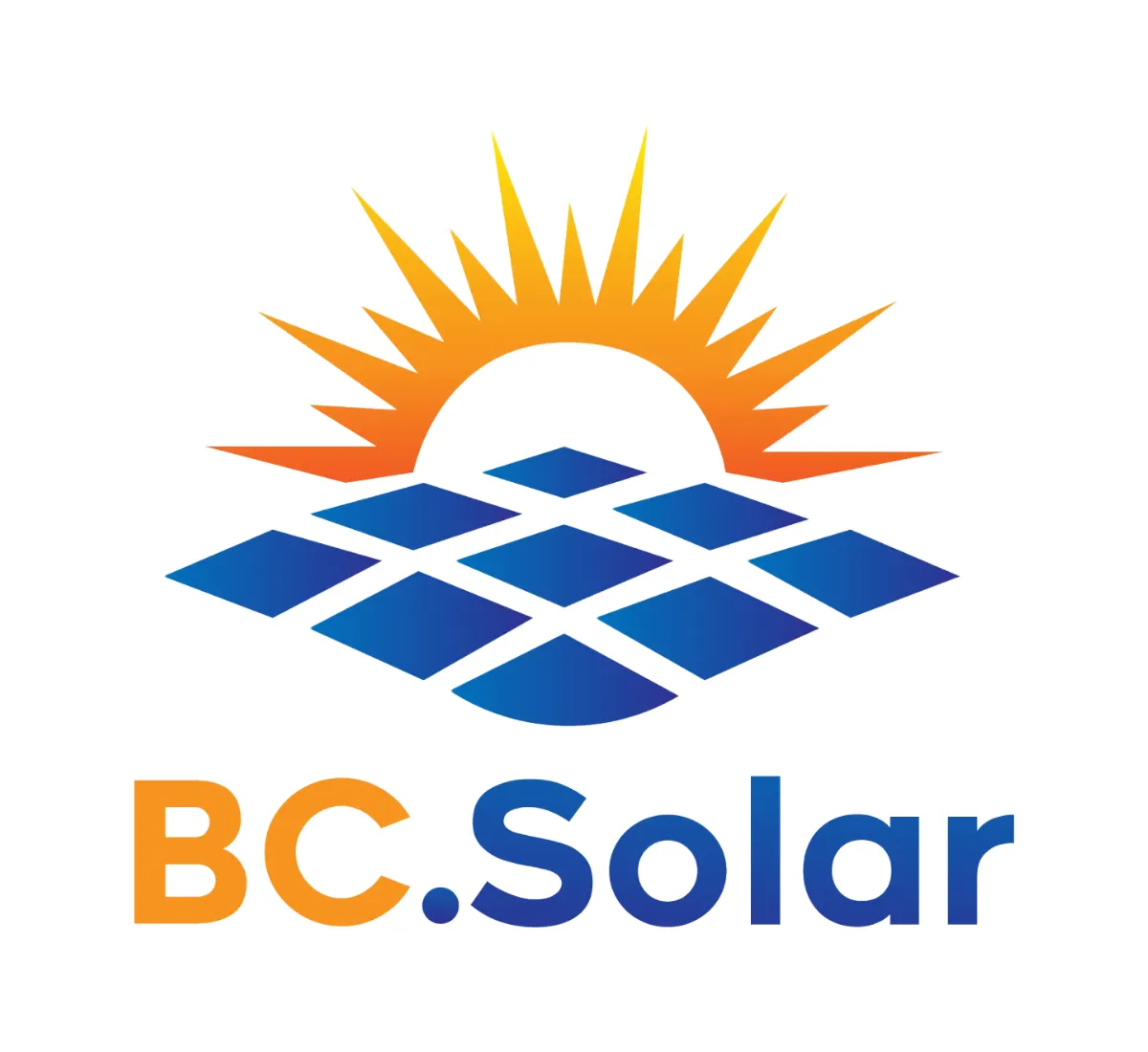
Ohio's Commercial Solar Tax Credits Explained
Ohio's Commercial Solar Tax Credits Explained
If you're a business owner in Ohio considering solar, tax credits can significantly reduce your upfront costs. At BC Solar, we’ve helped Columbus-area businesses navigate solar incentives with clarity and confidence.
Here’s what you need to know about Ohio’s commercial solar tax credits.
1. Federal Solar Investment Tax Credit (ITC)
Businesses installing solar systems can claim a 30% federal tax credit on the total cost of their project through the Investment Tax Credit (ITC).
Applies to commercial, industrial, and non-profit systems.
Includes panels, batteries, inverters, and installation.
You must own (not lease) the system.
Systems must be placed in service before the end of the applicable tax year.
The credit can be applied to federal income taxes owed. If your business doesn’t owe enough tax in a given year, you can carry the unused portion forward for up to 22 years.
2. Bonus Depreciation (MACRS)
Along with the ITC, businesses can also benefit from accelerated depreciation under the Modified Accelerated Cost Recovery System (MACRS):
Solar systems can be depreciated over 5 years.
You may be eligible for 100% bonus depreciation in the first year.
This means you can deduct a large portion of the system’s cost early, reducing your taxable income substantially.
3. Ohio State Incentives and Net Metering
While Ohio doesn't currently offer a state-level solar tax credit, it does support solar through:
Net Metering: If you're tied to the grid, excess electricity you produce can earn credits on your utility bill.
Property Tax Exemptions: Some solar installations may be exempt from property tax increases.
Solar Renewable Energy Credits (SRECs): Though Ohio’s SREC market is limited, you can still earn credits by producing solar energy that can be sold.
Your eligibility and value from these programs depend on your utility provider and project details.
4. Demand Charge Management with Batteries
If your commercial property faces high demand charges, BC Solar can install a battery-only or solar-plus-storage system to shave peak loads:
Batteries discharge when energy use spikes.
Helps reduce demand charges — which often make up a large part of commercial electric bills.
Batteries can also be charged from solar or the grid during low-cost periods.
This is a powerful tool for factories, banks, grocery stores, and other energy-heavy businesses.
5. Is Your Project Eligible?
To qualify for the ITC and depreciation:
Your system must be new (not reused equipment).
It must be used for business purposes.
It must be located in the U.S.
If your business is considering solar for new construction or a retrofit, BC Solar can walk you through what's eligible, what savings you can expect, and how to structure your project to maximize returns.
Frequently Asked Questions
Q: Can non-profits take advantage of solar tax credits?
A: Not directly. But under the new “Direct Pay” option in the Inflation Reduction Act, non-taxed entities can now receive a check from the IRS equal to the credit value.
Q: How long will the 30% tax credit last?
A: It's guaranteed through at least 2032 under current law.
Q: What’s the ROI on a commercial solar system in Ohio?
A: With incentives, many businesses see full payback within 5–8 years. Systems last 25+ years, so that’s decades of free power after that.
BC Solar has helped businesses across Columbus cut costs and boost reliability. If you're looking to invest in solar energy with real financial upside — we're here to do the right thing, the right way.
📍 Visit us at
BC Solar
777 Busch Ct, Columbus, OH 43229
📞 (614) 442-9700
🌐 bc.solar